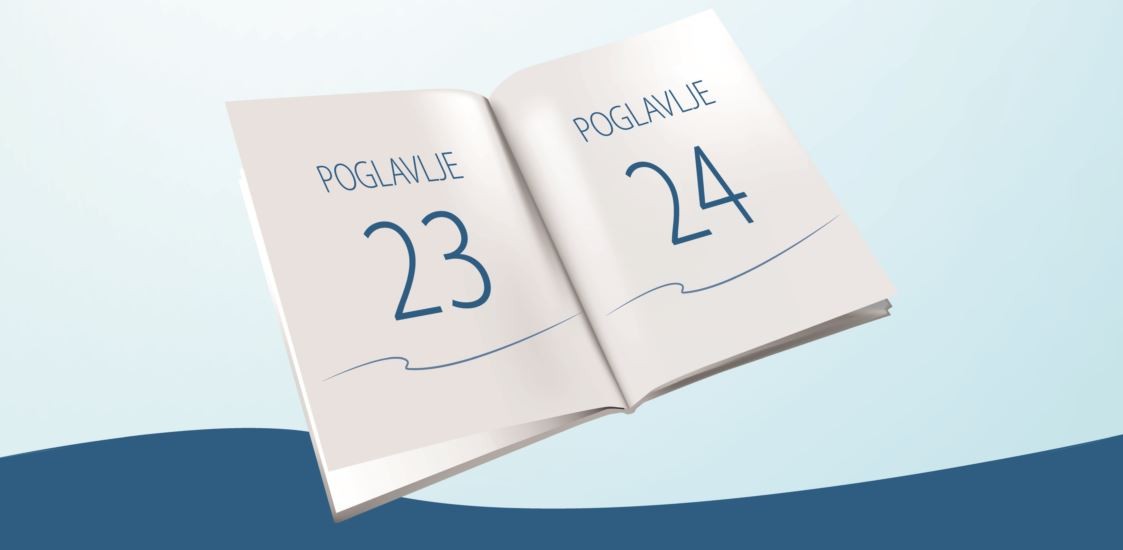This article is an integral part of the Coalition prEUgovor report on progress of Serbia in Chapters 23 and 24 for the period from November 2015 to April 2016.
There was some progress in the area of fight against terrorism. In October 2014 the Criminal Code of the Republic of Serbia was amended, criminalising the participation of Serbian citizens in wars or armed conflicts in foreign countries, as well as the activities of organising and encouraging the participation of Serbian citizens in wars and armed conflicts in foreign countries. However, it is still necessary to clarify the competencies of the Standing Cooperation Group in charge of coordinating activities related to implementation of the National Strategy against Money Laundering and Terrorism Financing and the Permanent Joint Task Force, established on 9 January 2015.[1] Moreover, the Third Draft Action Plan for Chapter 24 in the policy area of fighting terrorism proposes measures that do not provide a balance between prevention and deradicalisation measures with the repressive measures against potential terrorist suspects.
Moreover, the deadline for producing the Counter-Terrorism Strategy, as stipulated in the Action Plan for Chapter 24, is said to be December 2015, whereas the deadline set for the Law on Critical Infrastructure is 2017/18. As far as the Law is concerned, the BCSP commends the fact that extensive research and analysis is planned before the adoption of this legislative act. However, this is not the case with the Strategy, whose adoption is envisaged for December 2015 and there seems to be little or no debate regarding the process of its drafting so far. It may be possible that there are better capacities within the MoI and other state services to address the issue of counter-terrorism, and there are more data and analyses on this topic, but it is unclear why there are no reports, papers or analyses published on this topic if this was the case. The EUROPOL has the practice of publishing relevant reports[2] and this can serve as a good practice that the MoI can employ as well.
Taking into account that the EU’s Counter-Terrorism Strategy is based on four pillars - Prevent-Protect-Pursue-Respond, it is suggested that, regardless of member states’ efforts, acts of terrorism might happen and it is important for the states to have rapid response capabilities and to be able to alleviate the consequences of such actions. The EU’s Counter-Terrorism Strategy envisages using the existing civilian structures, the same ones that are used for emergency situation responses in the case of natural disasters. As evidenced by the experience of managing the floods that struck Serbia in May 2014, Serbia lacks a proper response mechanism for rapid reaction in these cases. Therefore, this should be a priority area addressed in this subchapter.
Recommendations:
- Serbia needs to step up its efforts in increasing its capacities for rapid response in cases of acts of terrorism, by enhancing its capabilities for emergency situation management.
- Extensive consultations and analyses need to be undertaken in the process of drafting the Counter-Terrorism Strategy so as to ensure a balanced approach between prevention, deradicalisation, investigation and response to terrorism.
[1] More information in Serbian available at: www.blic.rs/Vesti/Politika/525359/Osnovana-Stalna-radna-grupa-za-borbu-protiv-terorizma.
[2] For example, see: https://www.europol.europa.eu/latest_publications/37.

